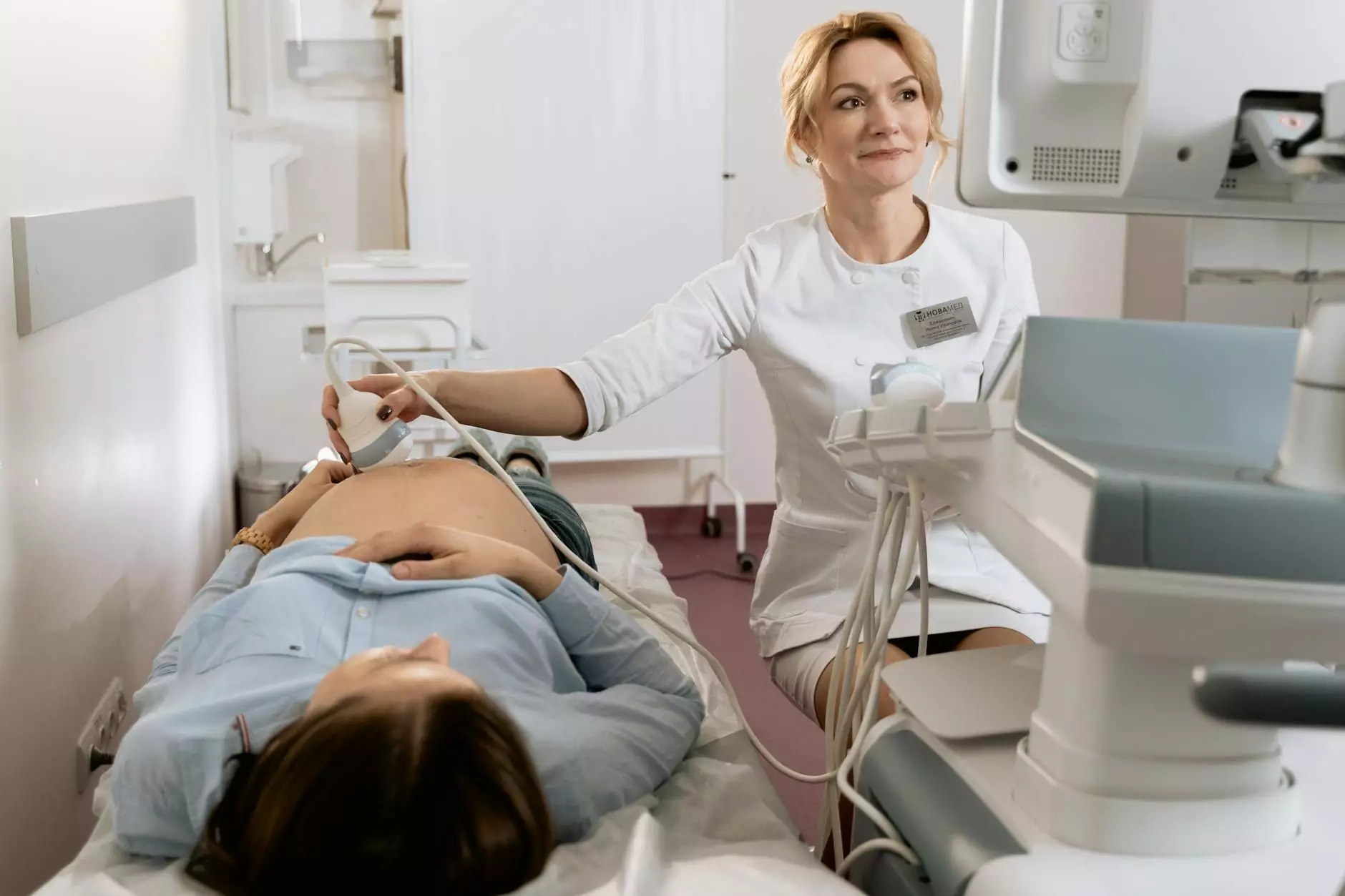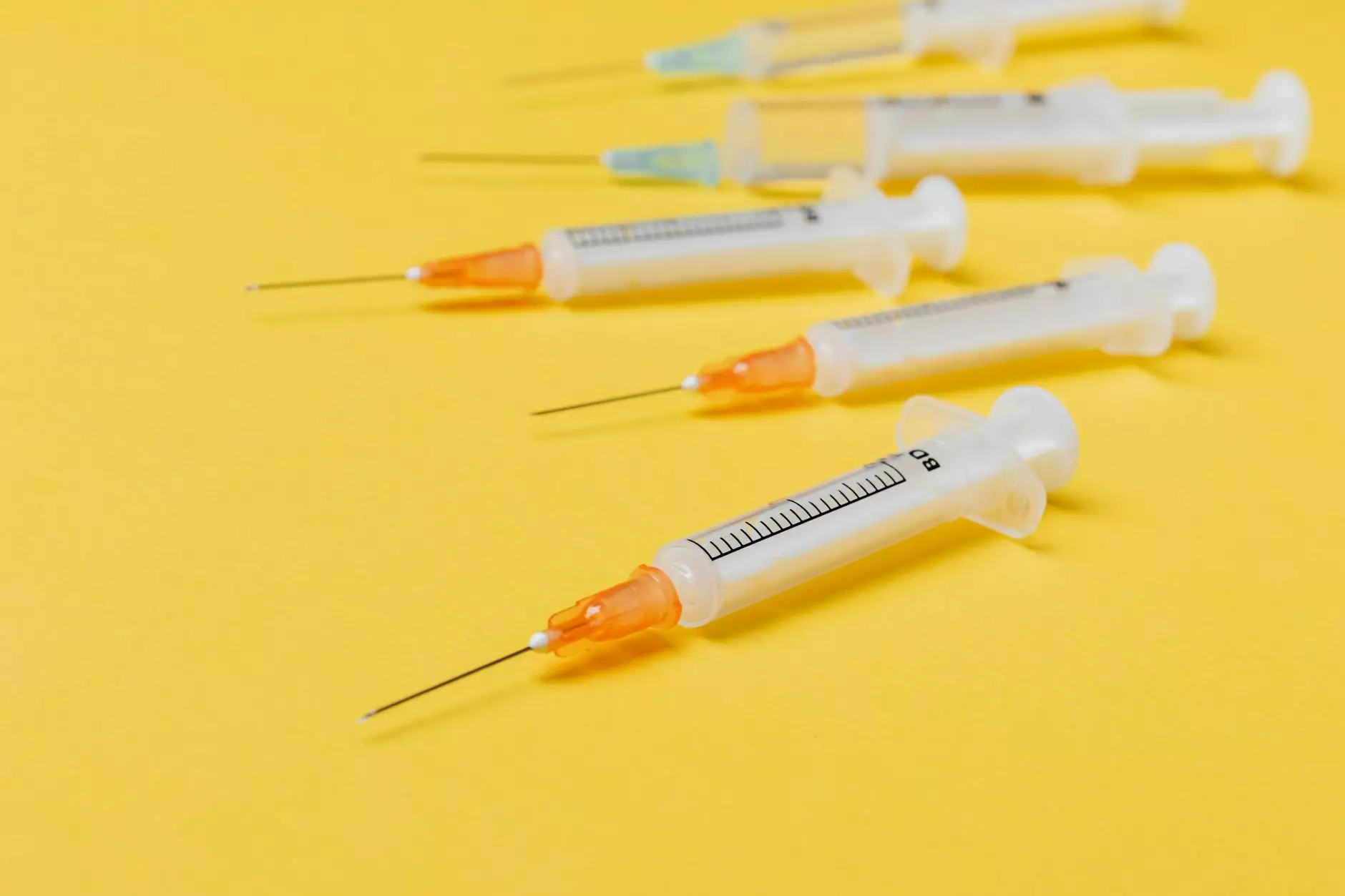Understanding CT Scans for Lung Cancer

CT scans for lung cancer play an increasingly vital role in the early detection and ongoing management of this devastating disease. Early and accurate diagnosis is crucial in improving treatment outcomes and enhancing the quality of life for patients. In this comprehensive article, we will delve deep into the specifics of CT scans, their importance in the context of lung cancer, and what patients can expect during the process.
What is a CT Scan?
A CT (Computed Tomography) scan is a sophisticated imaging technique that combines multiple X-ray images taken from different angles and uses computer processing to create cross-sectional images (slices) of bones, blood vessels, and soft tissues inside your body. This method is particularly beneficial for imaging organs such as the lungs.
The Importance of CT Scans in Lung Cancer
One of the primary uses of CT scans is in the screening and diagnosis of lung cancer. Here are several reasons why CT scans are crucial in lung cancer management:
- Early Detection: CT scans can identify lung nodules or masses at a much earlier stage than traditional X-rays, which can significantly affect treatment outcomes.
- Accurate Staging: They provide critical information regarding the size and extent of lung tumors, essential for determining the stage of the cancer.
- Monitoring Treatment: CT scans allow doctors to monitor the effectiveness of ongoing treatments and adjust them accordingly.
- Guiding Biopsies: They can be used to help guide biopsies, ensuring that samples are taken from the most suspicious areas, which is crucial for obtaining accurate diagnoses.
How Does a CT Scan Work for Lung Cancer?
The process of a CT scan is quick and painless. Here are the general steps involved:
- Preparation: Patients may be asked to refrain from eating or drinking for a few hours before the scan. It’s crucial to inform the medical team of any allergies, especially to contrast dye, if applicable.
- During the Scan: The patient lies on a motorized table that slides into the CT scanner. The scanner rotates around the patient, capturing multiple images.
- Contrast Material: In some cases, a contrast agent may be administered intravenously to enhance the visibility of blood vessels and tissues.
- After the Scan: The imaging center will provide the results within a short time frame. Further tests may be necessary depending on the findings.
Understanding the Results of CT Scans
After a CT scan, radiologists analyze the images and report on findings. Here are some potential results you may encounter:
- Lung Nodules: Small masses are often detected and require further evaluation. Most nodules are benign, but malignancy cannot be ruled out without further tests.
- Tumor Size and Characteristics: The report may describe the size, location, and characteristics of any tumors, essential for determining the best treatment approach.
- Assessment of Lymph Nodes: Enlarged lymph nodes may indicate the spread of cancer, which is critical information for staging.
CT Scans vs. Other Imaging Techniques
While CT scans for lung cancer are highly effective, they are not the only imaging technique available. Here’s how they compare with other methods:
X-Ray
X-rays are typically the first step in lung cancer diagnosis. However, they provide a less detailed view and may miss smaller tumors that a CT scan could detect.
Magnetic Resonance Imaging (MRI)
MRIs are excellent for imaging soft tissues and are often used to assess brain tumors. However, they are not commonly used for lung cancer due to limitations in capturing clear images of the lungs.
Positron Emission Tomography (PET) Scan
PET scans can help identify cancerous activity and are often used in conjunction with CT scans to provide comprehensive insights into lung cancer's metabolic activity.
The Role of CT Scans in Treatment Planning
For those diagnosed with lung cancer, CT scans are instrumental in devising appropriate treatment strategies. Here’s how they assist in treatment planning:
- Surgery: Accurate imaging is essential for surgical planning, helping surgeons to understand the extent of tumor invasion.
- Radiation Therapy: CT scans can help in determining the precise location of the tumor, ensuring that radiation therapy targets cancer cells while sparing healthy tissues.
- Chemotherapy: Regular CT scans may be used to assess how well chemotherapy is working, guiding adjustments to treatment regimens.
What to Expect Before, During, and After a CT Scan for Lung Cancer
Before the CT Scan
Patients should wear comfortable clothing and may be asked to change into a gown. It's essential to discuss medical history and any medications with the healthcare team to ensure safe and effective imaging.
During the CT Scan
The scan takes about 30 minutes, during which patients must remain still. Following the completion of the scan, the technician will review the images to ensure they are clear.
After the CT Scan
Patients can typically resume their normal activities immediately. The results are usually available within a day or two, and the physician will discuss them in detail with the patient.
Risks and Considerations Associated with CT Scans
While CT scans for lung cancer are invaluable, patients should be aware of potential risks:
- Radiation Exposure: CT scans involve higher doses of radiation compared to regular X-rays. However, the diagnostic benefits typically outweigh the risks.
- Contrast Reactions: For patients receiving contrast dye, allergic reactions are rare but possible. It’s essential to discuss this with your physician.
Conclusion
In summary, CT scans for lung cancer are a cornerstone of effective diagnosis and treatment planning, allowing for early detection and precise intervention strategies. With ongoing advancements in imaging technology, patients can expect improved accuracy and outcomes in lung cancer management.
For individuals concerned about lung cancer or seeking further information about diagnostic imaging, it is advisable to consult with healthcare professionals dedicated to providing comprehensive care and support. At Hello Physio, we emphasize the importance of early detection and proactive management in the journey toward better health.









